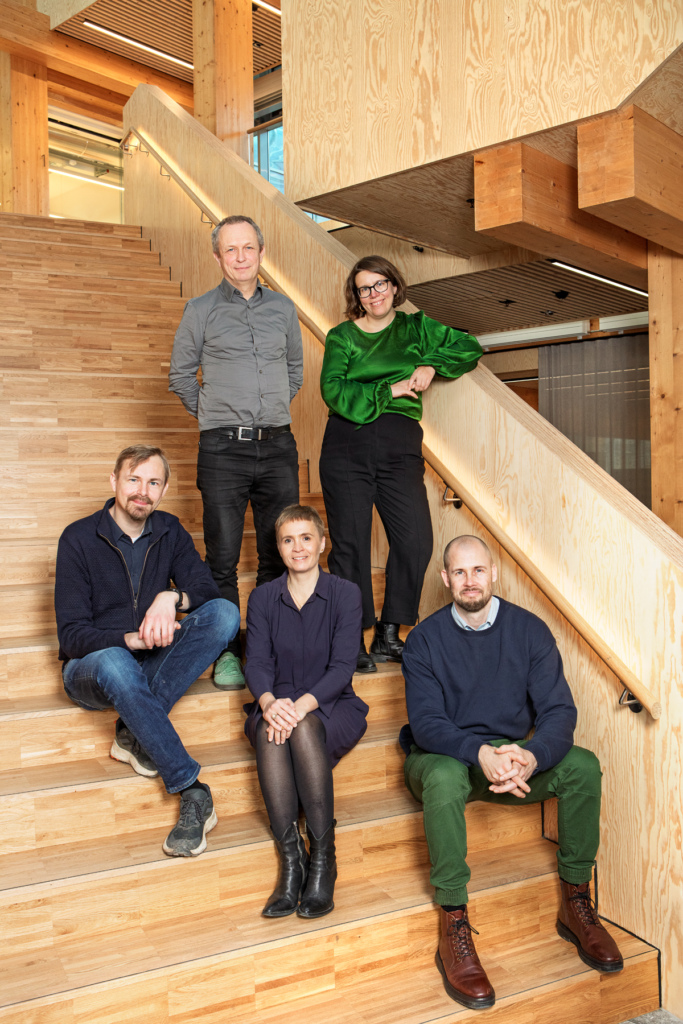Danish AI startup Prenaital has secured $1.57 million (10M DKK) in funding through BioInnovation Institute‘s Venture House program, marking a significant step forward for the company’s mission to transform prenatal care through artificial intelligence.
The funding comes just one year after the company’s formation in September 2024, when it initially received $630,000 (4M DKK) through BII’s Venture Lab program.

From Research to Commercial Reality
Prenaital emerged from a unique collaboration between university research institutions including the Capital Region, the Pioneer Center for AI at the University of Copenhagen, and DTU. The project was selected as one of Danish Regions’ AI Signature Projects, reflecting its potential impact on healthcare delivery.
The founding story began when Professor Martin G. Tolsgaard, a fetal medicine specialist at Rigshospitalet (Denmark’s largest university hospital), recognized the critical limitations of current prenatal screening methods. Working with AI experts Associate Professor Anders Nymark Christensen (CTO), Professor Aasa Feragen (CSO), and serial medtech founder Professor Mads Nielsen (Chairman), they spent five years developing algorithms capable of extracting significantly more information from standard ultrasound images.
When the technology showed promise for real-world application, the team recognized that commercialization was essential for patient impact. CEO Tanja Danner joined the founding team, bringing her extensive experience in software development and implementing regulated technologies in healthcare settings.
Addressing Critical Gaps in Prenatal Care
Current prenatal screening faces significant accuracy challenges. Traditional methods rely on subjective manual measurements where sonographers place cursors at specific points on ultrasound images, leaving substantial room for interpretation and inconsistency.
“There’s considerable subjectivity in current screening approaches, not due to lack of skill, but because of technological limitations,” explains Danner.
Prenaital’s AI platform analyzes texture, softness, and other image characteristics invisible to the human eye. The technology achieves 25-35% greater accuracy in fetal growth assessment compared to traditional methods, and can detect 30% more high-risk pregnancies than existing clinical practice.
Less than half of all at-risk pregnancies are currently identified through standard screening protocols. Early identification is crucial for preventing maternal and fetal complications, including preterm birth, growth restrictions, and long-term health consequences.
Platform Approach Enables Multiple Applications
The company has developed a comprehensive risk prediction platform that supports multiple clinical applications built on the same core AI technology. The first commercial product focuses on fetal growth assessment, while additional products address preterm birth risk assessment and quality assurance of ultrasound images.
The platform roadmap includes expansion to additional indications throughout pregnancy, enabling more comprehensive risk stratification for expecting mothers.
During its initial funding period, Prenaital achieved critical validation milestones including ISO 13485 certification, commercial agreements with university partners, and successful integration testing with scanner providers.
Strategic US Market Focus
While headquartered in Denmark, Prenaital is pursuing a US-first market strategy driven by both regulatory considerations and clinical need. Preterm birth rates significantly exceed Denmark’s 6-7% in the US market, creating a larger addressable patient population.
The economic implications are substantial. In Denmark, preterm birth costs approximately $75,000 (500,000 DKK) for immediate care alone, excluding long-term medical needs. Early detection enabling even modest delays in delivery timing can generate significant healthcare savings while dramatically improving infant outcomes.
“Early intervention represents both strong healthcare economics and meaningful clinical benefits for mothers, children, and families alike,” notes Danner.
Seamless Integration Strategy
Prenaital has designed its technology to integrate into existing prenatal care workflows without disruption. The AI can operate within ultrasound scanners, process images post-acquisition, or integrate with electronic health record systems including Epic.
“Our approach prioritizes workflow preservation rather than replacement,” Danner explains. “Integration can occur through additional system tabs, browser interfaces, or direct scanner embedding based on provider preferences.”
The company has established proven technology pathways for both scanner integration and Epic EHR connectivity, providing flexibility for healthcare system adoption.
Scaling for Global Impact
The new $1.57 million funding will now enable Prenaital to bring two products addressing different clinical indications to market while advancing a third through regulatory approval. The company is actively establishing hospital collaborations globally for technology validation and clinical integration.
Prenaital also continues expanding its technical team with software developers and regulatory specialists to support commercial scaling. The ongoing research collaboration with university partners ensures continued innovation alongside commercial operations.
“Our long-term vision involves building a comprehensive risk prediction platform that enables individualized risk assessment throughout pregnancy,” says Danner. With its proven technology platform and clear integration pathway, Prenaital is positioned to address significant unmet needs in prenatal care accuracy and accessibility.
For the millions of expecting mothers worldwide, this advancement in AI-powered screening could mean the difference between early intervention and missed opportunities for better outcomes.



